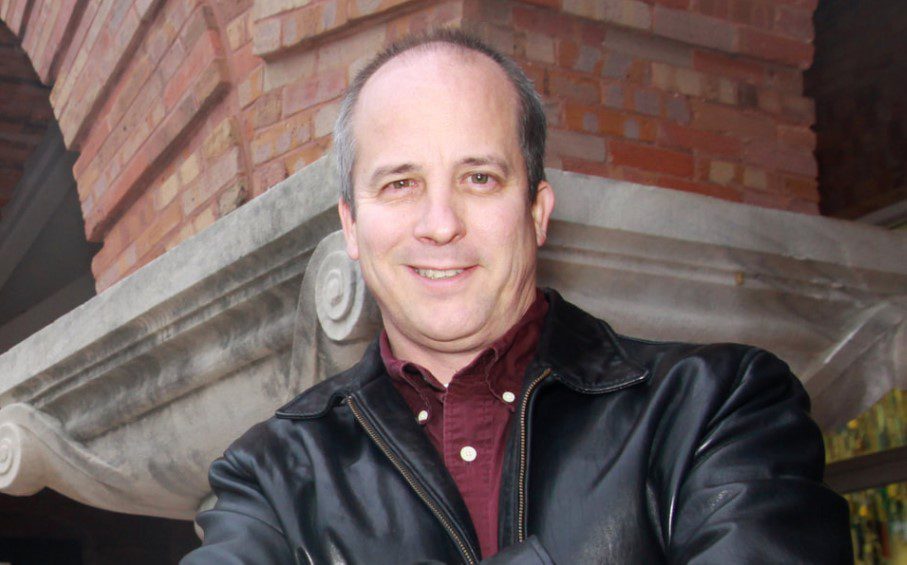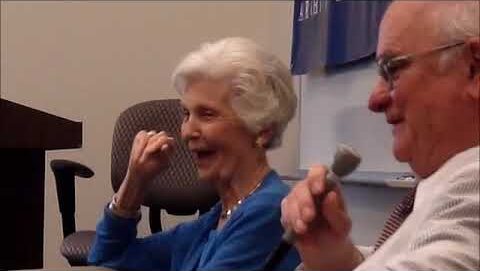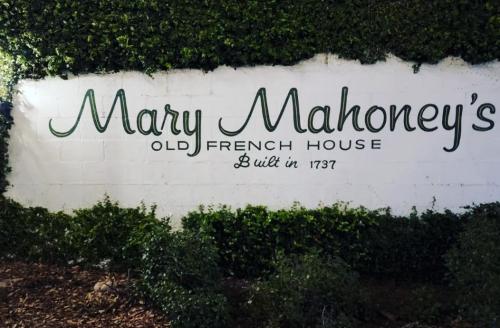
Brother Rogers
The Semiquincentennial will be an opportunity to focus on our state’s history, learn from our past, and celebrate our many stories.
On July 4, 2026, our nation will observe the 250th anniversary of the signing of the Declaration of Independence, marking the birth of the United States. Americans over a certain age will recall the country’s Bicentennial in 1976. The Semiquincentennial – yes, that’s the word for the 250th birthday and good luck pronouncing it – in 2026 will be commemorated by every state, including Mississippi, which just passed legislation to establish a commission.
Representatives from 34 states gathered in Virginia last month to discuss plans. Carly Fiorina, chair of the Colonial Williamsburg Foundation, told those assembled, “As we commemorate 250 years of history in 2026, our common cause is to discover and reveal our full history, to illuminate our complete and true history, in every community and throughout our nation. We must lift up every hero, whether famous or unsung. We must face squarely the horrors. When history accurately reflects what really happened, then history is a mirror into which we all can look to see ourselves more clearly.”
John Dichtl, president and CEO of the American Association for State and Local History, stated, “This moment is a once-in-a-generation opportunity to renew public engagement with history. It is a chance for Americans to learn about and reflect upon the full sweep of our nation’s past, celebrating examples of liberty, courage, and sacrifice while reckoning with moments of injustice, racism, and violence.”
Fortunately, with the opening in 2017 of the Two Mississippi Museums – the Museum of Mississippi History and the Mississippi Civil Rights Museums – our state is poised for leadership in telling a more complex, inclusive history. Both museums celebrate the accomplishments of individuals as varied as Pushmataha, Mary Ann Mobley, and Medgar Evers. Both museums also take an unflinching look at a past that did not offer “life, liberty, and the pursuit of happiness” to all.
While Mississippi was not one of the 13 original colonies, our state has been the crucible for implementing the principles set forth by the Declaration of Independence, namely freedom and equality. Our story is America’s story. The expansion of freedom in American history begins with the Revolution but continues with the Civil War, emancipation, and Reconstruction, where Mississippi was center stage. What Abraham Lincoln called “a new birth of freedom” in the Gettysburg Address had as large an impact in Mississippi as any other state.
Unfortunately, fighting a civil war and changing the Constitution with the Thirteenth, Fourteenth, and Fifteenth amendments were not enough to make Americans of African descent full-fledged citizens of the United States. One hundred years of Jim Crow laws followed Reconstruction. It took the Civil Rights Movement of the 1950s and 1960s to effectively allow African Americans to vote and have equal protection before the law. Again, Mississippi was at the center of this American story of the struggle for freedom.
As foreign observer Alexis de Tocqueville once wrote, “The greatness of America lies not in being more enlightened than any other nation, but rather in her ability to repair her faults.” Our nation and our state have made tremendous progress in expanding citizenship to include those who were once excluded – women, free and enslaved African Americans, native peoples, immigrants, people with disabilities, the poor, and others. Our mantra at the Museum of Mississippi History is “One Mississippi – Many Stories.” The Semiquincentennial will be an opportunity to focus on our state’s history, learn from our past, and celebrate our many stories.










